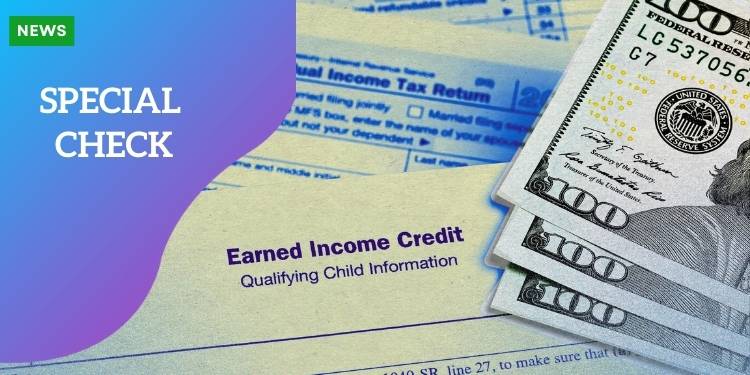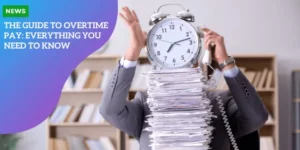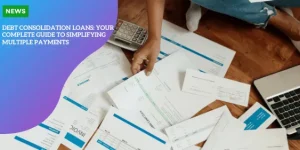See how and when to use it to avoid going into debt

How and when to use your special check
Using an overdraft is a financial tool available on many checking accounts that allows account holders to spend more money than they have available, effectively creating a negative balance. However, it is important to use your overdraft responsibly, carefully considering when and how to use it. Here are some guidelines on how and when to use your overdraft
Financial Emergencies
Overdraft can be a useful option in financial emergency situations, such as unexpected medical expenses or emergency home repairs. In these cases, it may be preferable to use an overdraft rather than resorting to short-term loans with even higher interest rates.
Financial Planning and Control
The use of overdrafts must be planned in advance and integrated into your budget. Avoid using it as a regular resource to cover day-to-day expenses as this can lead to a debt spiral.
Conscious Credit Limit:
Know your overdraft credit limit and set a lower personal limit if necessary. Avoid exceeding this limit, as overdraft interest rates are often very high and can lead to debt that is difficult to pay off.
Pay as soon as possible
As soon as your financial situation stabilizes, prioritize paying the amount used in the special check. The longer you leave your balance negative, the higher the interest accrued will be.
Evaluate Other Options
Before resorting to an overdraft, explore other options, such as a personal loan with lower interest rates, asking family or friends for help, or using emergency funds.
Negotiate with the Bank
If you encounter difficulties paying the amount due on your overdraft, contact your bank to discuss payment options, such as an installment plan or renegotiating interest rates.
Avoid Routine Use
Avoid making overdrafts a regular part of your finances. It’s important to create and follow a budget that allows you to live within your means and save for future expenses.
Fee Awareness
Be aware of fees associated with overdrafts. These can include monthly usage fees, negative transaction fees, and, of course, interest on the negative balance.
Financial Education
Invest time in educating yourself about financial management and planning. This will help you make more informed decisions about when and how to use your overdraft.
In summary, an overdraft can be a useful tool in emergency situations, but its use must be carefully planned and limited. Avoid regularly relying on overdrafts as this can lead to long-term financial problems due to the high interest rates involved. It is essential to maintain strict control over your finances, create a budget and look for more economical alternatives whenever possible.






